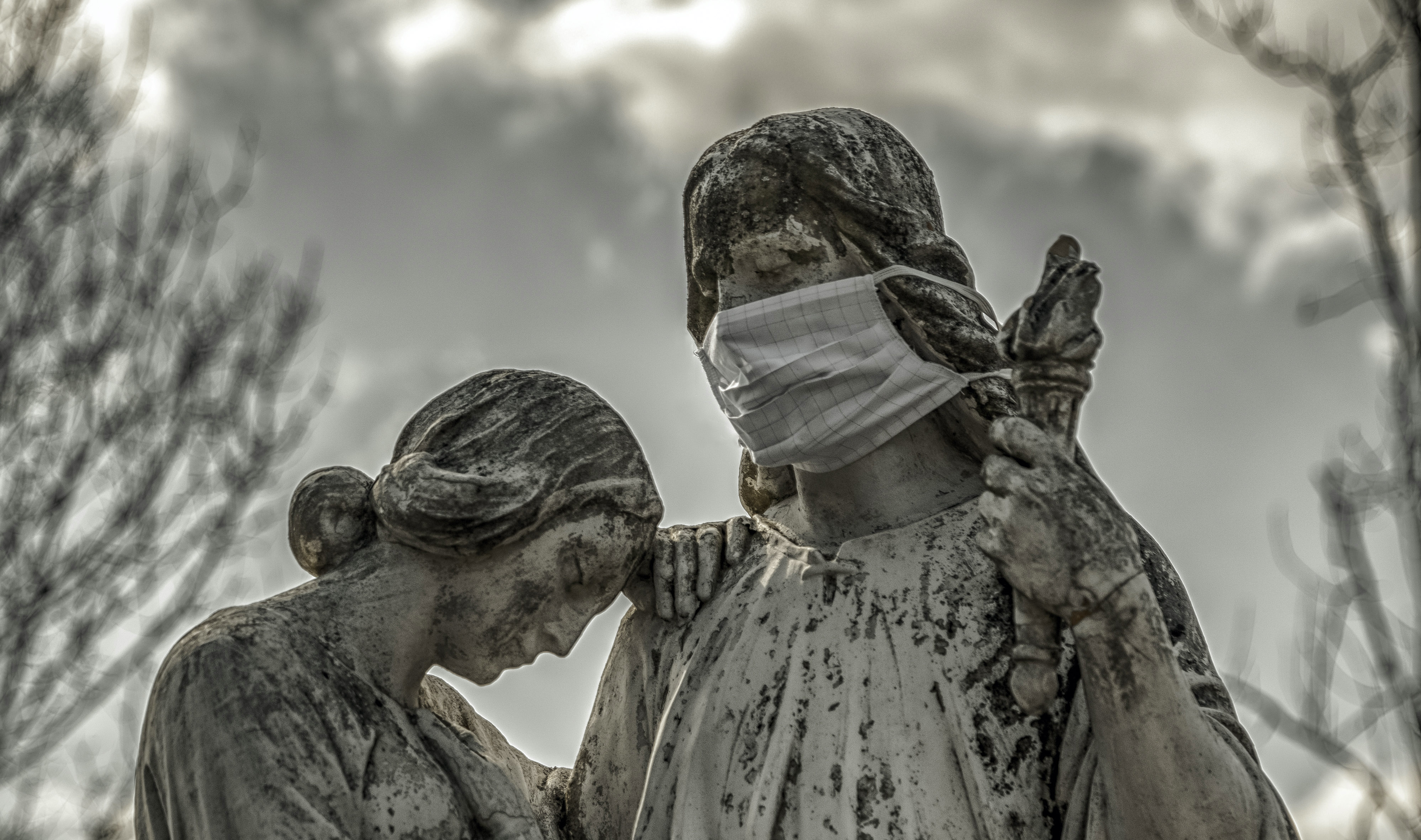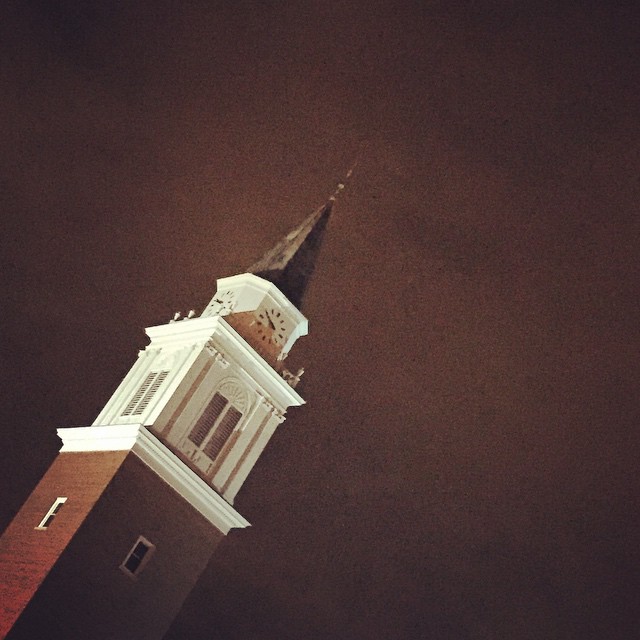What’s most surprising right now is not the anti-science views circulating around the internet, but the callousness. There’s lots of debate, but less concern for the sick and the susceptible. All who fight for the “freedom” to not wear a mask overlook that the reason to wear a mask is for another person’s good, not their own. Good citizens, and especially people … Read More
COVID-19, Planning, & Jesus
As I observe dozens of Christians pondering what to do this weekend, I can’t help but ask: What would Jesus do? My guess is that Jesus would be out picking grain and delivering it to the needy — just like David took temple bread to feed the hungry. Both knew that life mattered more than tradition. The Sabbath, … Read More
Promise in our Labor
Some of my favorite moments are when kids tell Bible stories. Today, I learned that Noah’s family had to cut down a lot of trees and that alligators are an in-between case, but probably made it onto the ark. And then there was a rainbow to show that God would not do that again, and Noah’s family had lots … Read More




